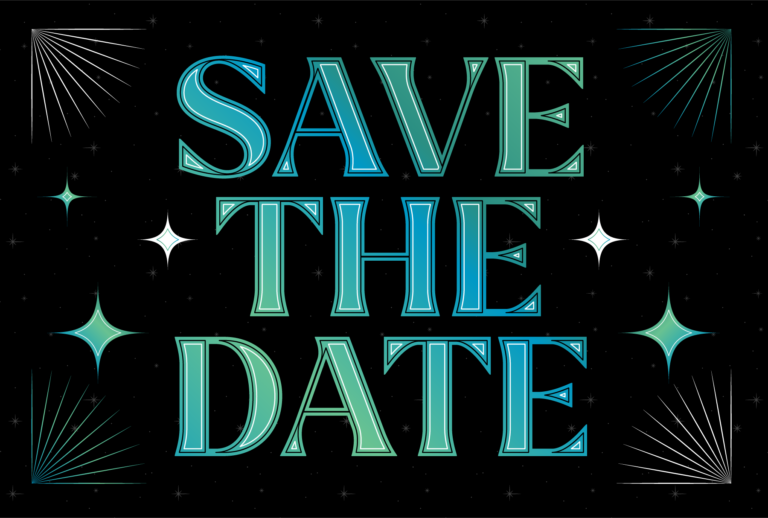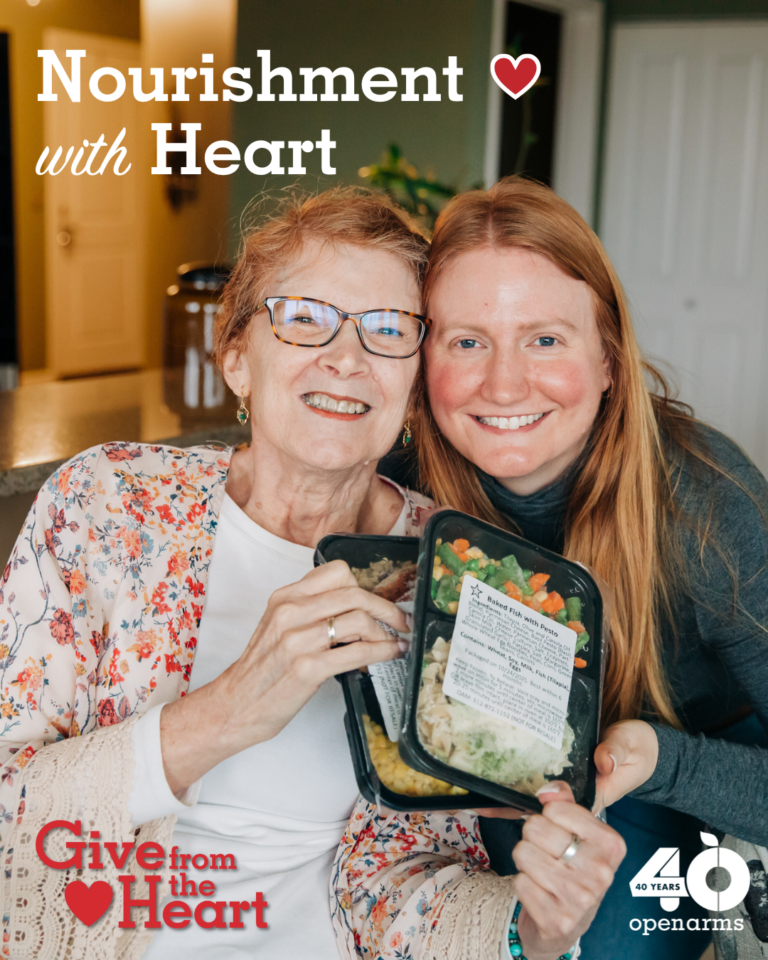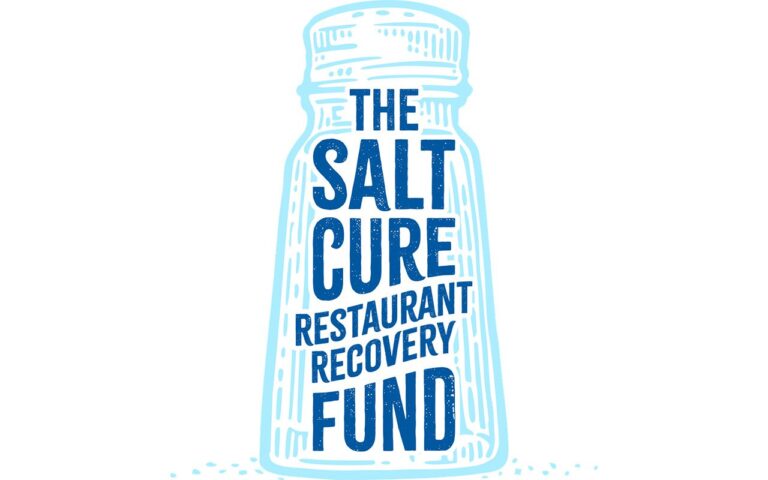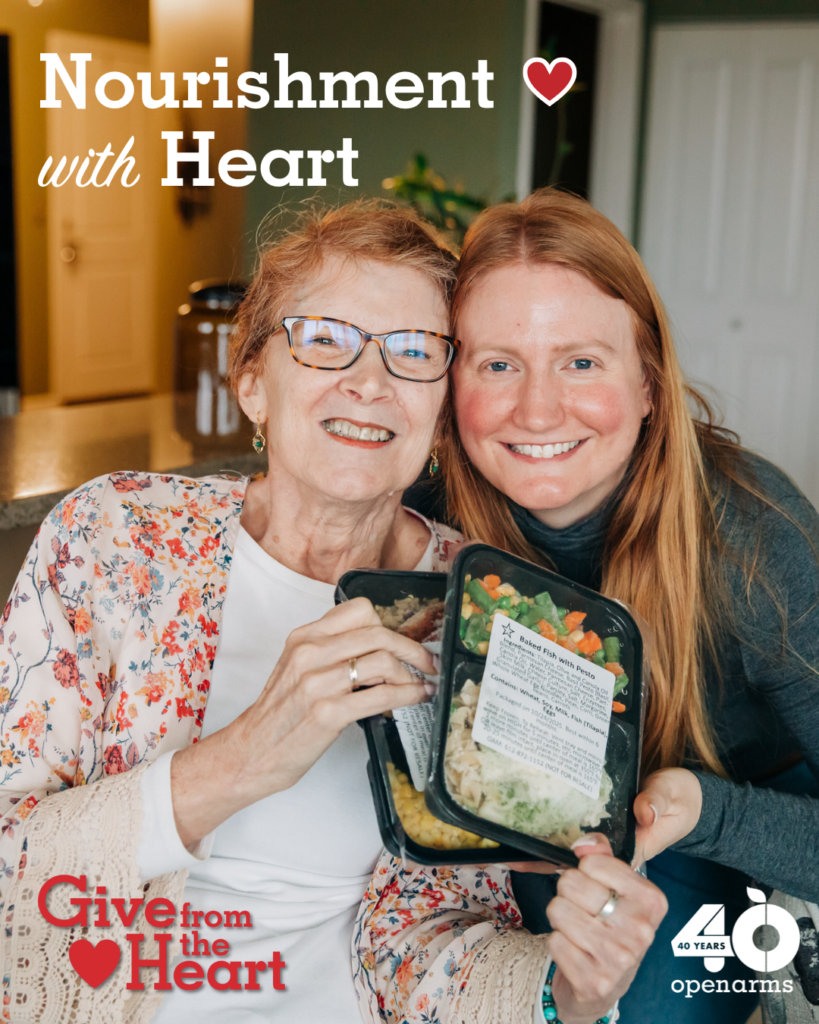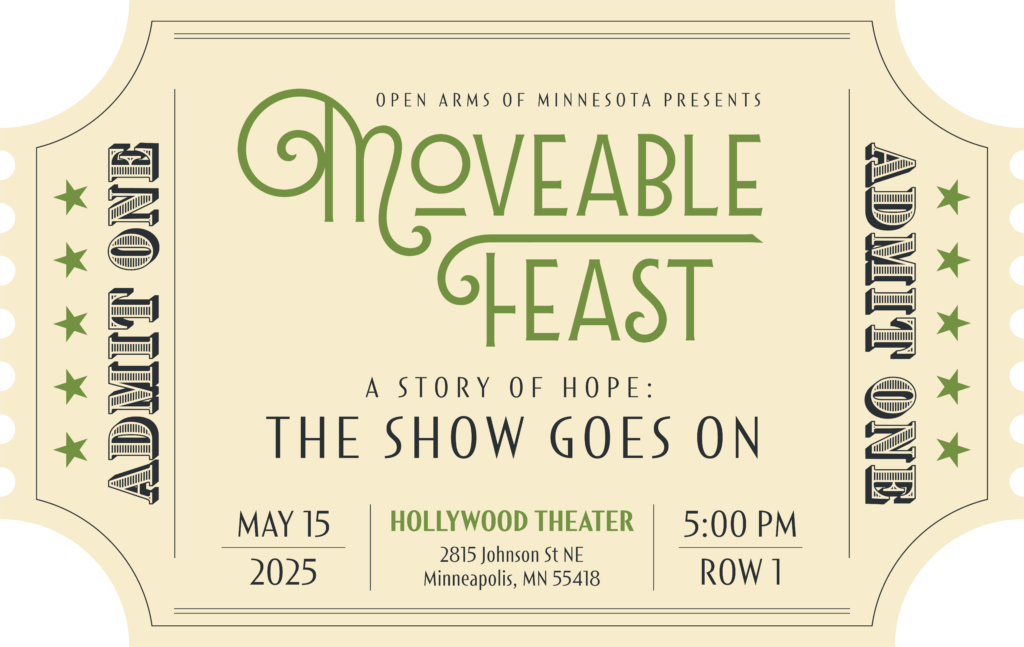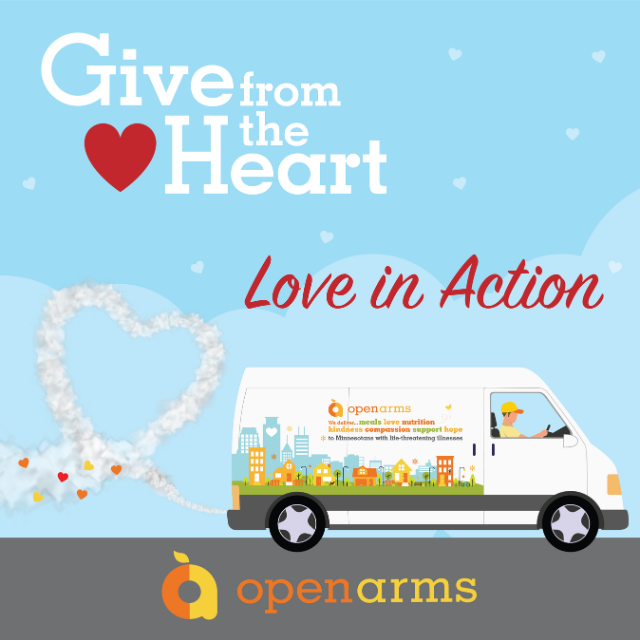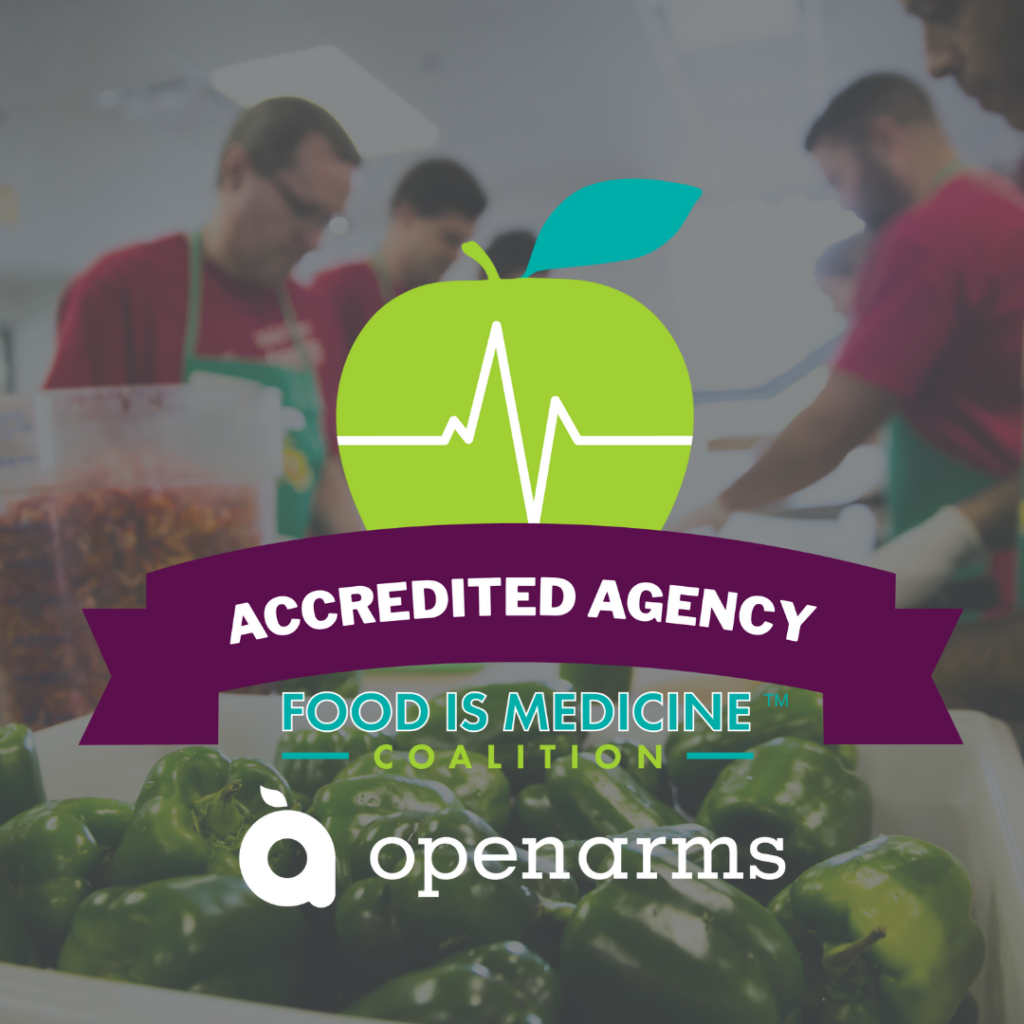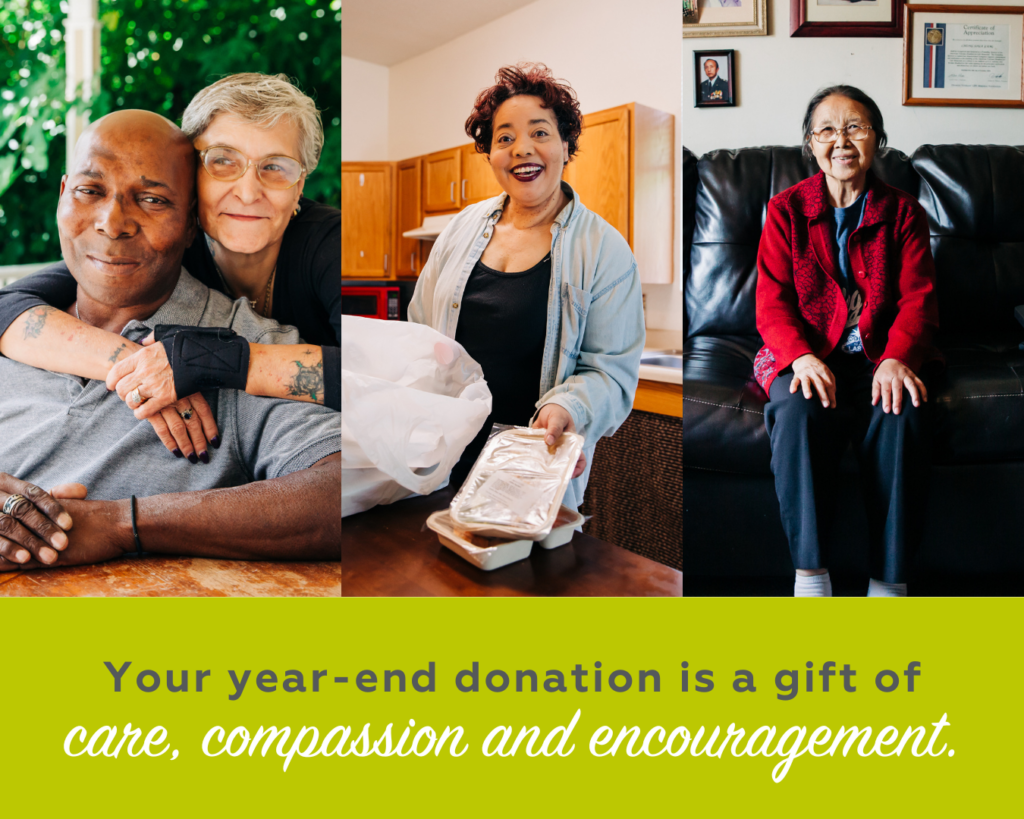The other morning, as I do every day, I was listening to public radio as I was getting ready for work. The subject was the global food crisis and the interviewer was asking his subject if escalating food prices, food shortages, and food riots in countries in the
I was incredulous. And offended. It was a good thing I had finished shaving or I probably would have taken a significant chunk of flesh off my face as I quickly reached to turn the volume on the radio up. Had the announcer really asked if the world was experiencing a food crisis? Clearly, this was a man who has never gone hungry or he would have understood that hunger – by the very nature of the condition – is a crisis. A single person who is hungry will quickly be in crisis if that hunger isn’t relieved. When it reaches a point where millions of people in the world can’t afford food, where there isn’t enough food to feed everyone, where people are rioting for food – then yes, we have a global crisis.
Perhaps it’s this disconnect that I find most troubling about food. Only people who have never gone hungry would say “I’m starving” when what they really mean is that it’s been a few hours since they’ve eaten and they are eager for their next meal. Only a person who has never gone hungry would question whether or not what is currently happening in the world qualifies as a global hunger crisis.
Occasionally, in my job as executive director of Open Arms of Minnesota, I’ve been asked if our work to provide food and nutrition to people who are suffering from life-threatening illness doesn’t just enable people and perpetuate, in them, an entitlement mentality. One prospective funder told me she hoped we didn’t consider ourselves a charity – implying that there was something unproductive about performing charitable acts. This particular questioner also wanted to know what steps Open Arms takes to ensure that our clients don’t become “dependent” on our meals. I was tempted to reply by saying that for some of our clients, death prevents them from becoming too “dependent” on our “charity”.
There is one question that I always ask someone who is focused on entitlement, or charity, or dependency. I ask them, “Have you ever been hungry?” Not a single person who has, however casually, criticized our work has ever experienced hunger themselves.
I’ve also asked people who have gone hungry in the
Maybe all of those who make decisions about food policy – be it locally, nationally, or globally – shouldn’t be allowed to do so on a full stomach.

